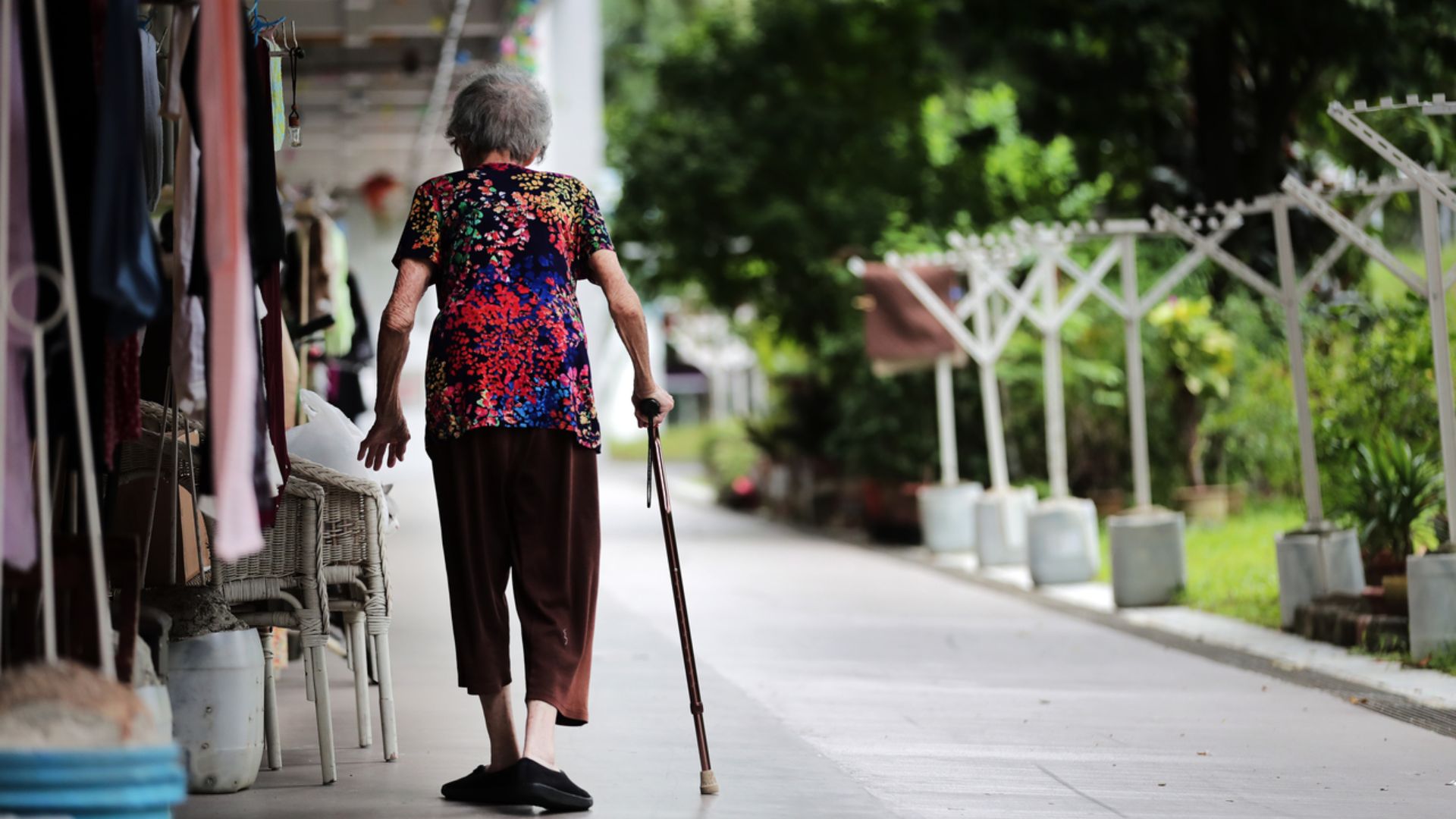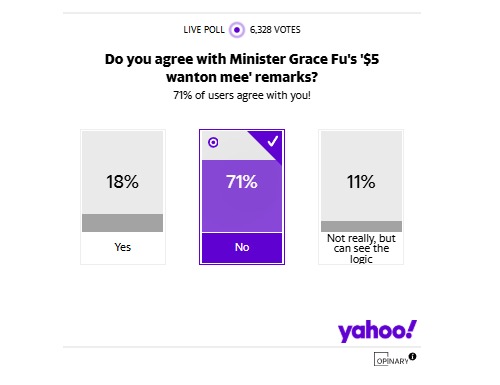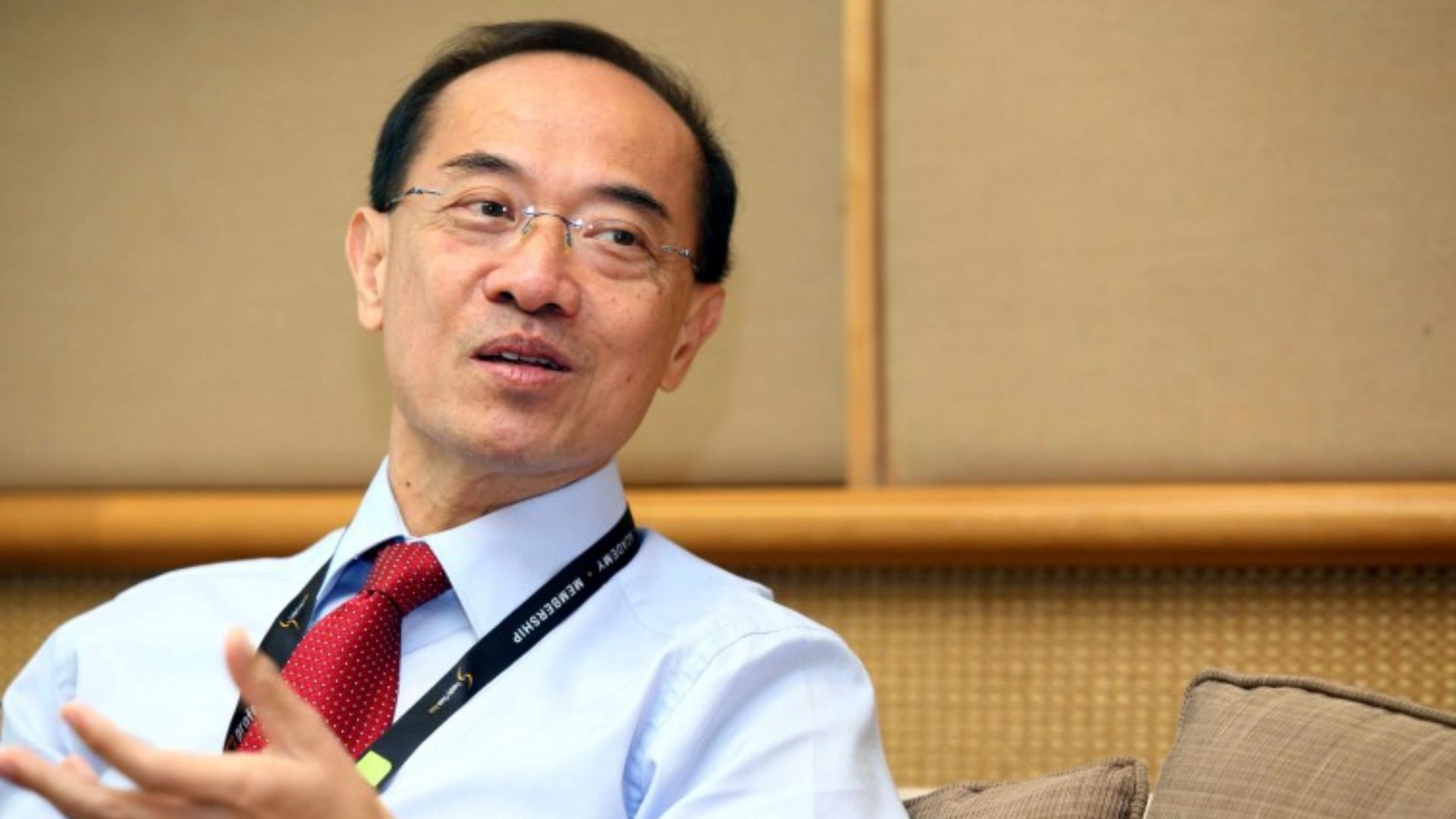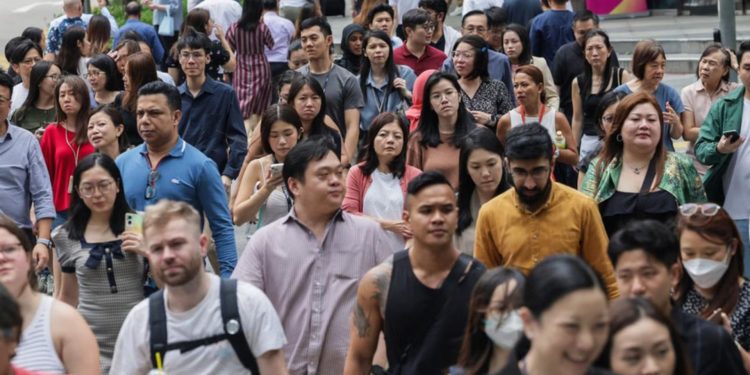As Singapore gears up for GE2025, a familiar pattern emerges once more: senior civil servants and high-ranking military officers resigning ahead of likely political runs, often under the People’s Action Party (PAP) banner.
It’s a well-worn path — and a testament to the effectiveness and professionalism of Singapore’s public service. Yet, as society becomes more complex and diverse, many Singaporeans are asking a fair question: Can one leadership pipeline alone speak for all of us?
This isn’t an indictment of any individual’s competence. It’s a recognition that systems of leadership that are too homogeneous can lead to blind spots, tone-deaf policies, and ultimately, groupthink.

From Strength to Sameness?
There’s no denying that former civil servants and SAF generals bring value — they know how government works, they’re trained to operate under pressure, and many have spent decades serving the nation. But as Channel NewsAsia recently reported, the number of top bureaucrats and uniformed officers stepping down ahead of elections has raised fresh questions about representation (CNA, 2025).
The concern isn’t that they lack ability — it’s whether they represent the full spectrum of Singaporean life. When Parliament and political leadership are disproportionately composed of people who’ve come through similar institutions, schools, and career tracks, we risk seeing problems — and solutions — through a narrow lens.

The Question of Independence: Loyalty or Critical Thinking?
When a civil servant becomes a politician, there is an important transition from implementing policy to shaping it. And this shift is not merely procedural—it is psychological.
As The Straits Times noted, civil servants are “not independent of the elected government” and are trained to execute rather than challenge policy direction (ST, 2023). When these same individuals enter politics, their former bosses may now be party leaders, raising difficult questions: Can they speak freely? Can they challenge assumptions? Can they offer alternative perspectives?
While efficient in governance, the civil service’s culture of deference may become a liability in politics if it discourages dissent. Democracy requires disagreement and thrives on debate. A Parliament where too many are cut from the same cloth may struggle to question itself—even when it must.
When Leadership Feels Out of Touch
A recent episode captured this disconnect. During a discussion on rising food costs, Minister Grace Fu questioned whether it was “reasonable” for hawkers to price wanton mee at S$5 — drawing a comparison to an $18 restaurant pasta dish.
The backlash was swift. In a Yahoo News Singapore poll, most respondents disagreed with her, citing the realities hawkers face — razor-thin margins, inflationary cost pressures, and rent (Yahoo News, 2025). Online forums exploded with reactions, many accusing the minister of being out of touch.

But the issue wasn’t just tone—it was perspective. A more socioeconomically diverse leadership, with members from the hawker trade or SME community, might have better anticipated the public sentiment or avoided the comparison altogether.
What the Research Says: Cognitive Diversity Matters
Social science backs this up. In The Difference (2007), complexity theorist Scott Page introduced the Diversity Prediction Theorem, demonstrating that diverse groups — in background, experience, and thinking styles — consistently outperform more homogeneous groups, even those filled with high “expertise.” Diverse teams see more angles. They catch what others miss. They innovate better.
In Singapore’s context, a Parliament heavily staffed with technocrats may deliver efficient policy execution. But without cognitive diversity — without people who’ve lived different lives — innovation suffers, and policy risks becoming rigid, paternalistic, or out of sync with citizens’ needs.
The Military-to-Civilian Transition: A Public Conversation
Beyond the civil service, the transition of SAF generals into politics or top administrative roles has become a touchpoint for public concern. While defenders cite leadership qualities and strategic vision, critics ask whether the command-and-control mindset of the military translates well to the complexities of civic life.
As one Reddit user succinctly put it: “Military leadership is about command. Civil leadership is about consensus.” (Reddit, 2018)
Another common concern is the “parachuting” of military leaders into senior civil service roles, bypassing years of sectoral experience. This raises legitimate questions about meritocracy, organisational knowledge, and public perception.
That said, it would be unfair to generalise. Many former SAF officers have successfully adapted, recognising that humility, listening, and cross-sector learning are key to leading well in civilian spheres. Adaptability, not pedigree, should be the measure.

Making Space for Broader Leadership
Singapore’s civil service and military have been crucial in shaping a well-governed and stable nation. Their contributions are undeniable — but as our society grows more complex, our leadership should also grow more inclusive. The future of politics in Singapore shouldn’t rest solely on a single path or profile. It should include people from different sectors, with different lived experiences and worldviews.
Political parties can consider expanding their recruitment to include individuals from more varied backgrounds, such as educators, social workers, small business owners, artists, healthcare professionals, and grassroots leaders. These voices, often underrepresented in formal policymaking, can offer ground-level insight into the everyday challenges that Singaporeans face. When these perspectives are present at the policymaking table, decisions are more likely to reflect the realities on the ground — not just the view from the top.
At the same time, civil servants and SAF officers who aspire to political office could benefit from gaining experience outside of the government ecosystem. Exposure to the private or non-profit sectors, for instance, can broaden their understanding of social and economic issues, build empathy, and develop the adaptability needed for more people-centred policymaking. Rather than fast-tracking these individuals into senior leadership roles, a more gradual transition that allows for learning and grounding could help bridge the gap between strategic thinking and everyday realities.
Finally, as Singapore continues to evolve, there must be a deliberate effort to foster a political culture that values open dialogue and healthy disagreement. Strong leadership should not be defined by consensus alone but by the willingness to listen, reflect, and engage with differing views. Encouraging diverse opinions — both within Parliament and through regular engagement with the public — is key to avoiding groupthink and building trust in government decisions.
Conclusion: Who Gets to Shape the Future?
Singapore’s leadership has always prized competence. But as we step into an increasingly complex, diverse, and fast-changing world, competence alone is not enough. We need empathy. We need imagination. We need people who’ve walked different paths — not just to be consulted, but to be seated at the table.
Homogeneity may offer control. But it’s diversity that fuels understanding. Innovation. And trust.
It’s time we asked — and answered — not just who is leading us, but who is missing from the room.
RELATED: Osmo Action 5 Pro: Redefining Adventure Photography with Groundbreaking Features
Join the conversations on TheHomeGround Asia’s Facebook and Instagram, and get the latest updates via Telegram.














